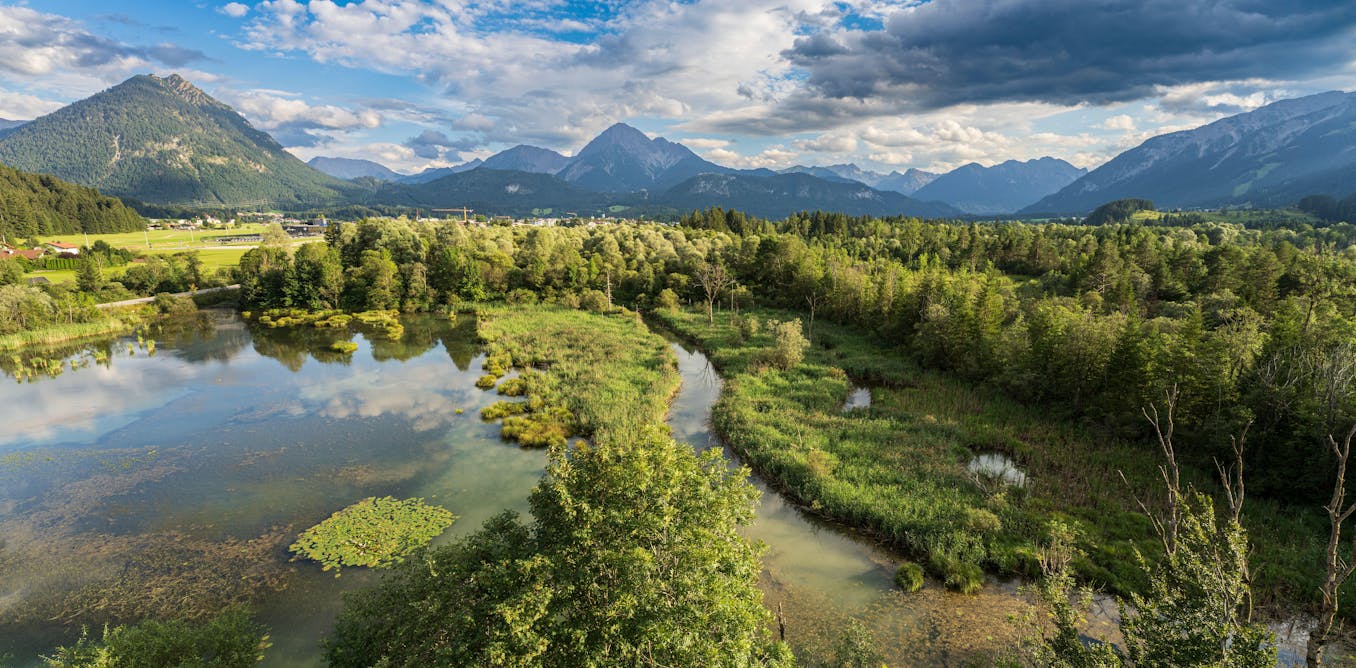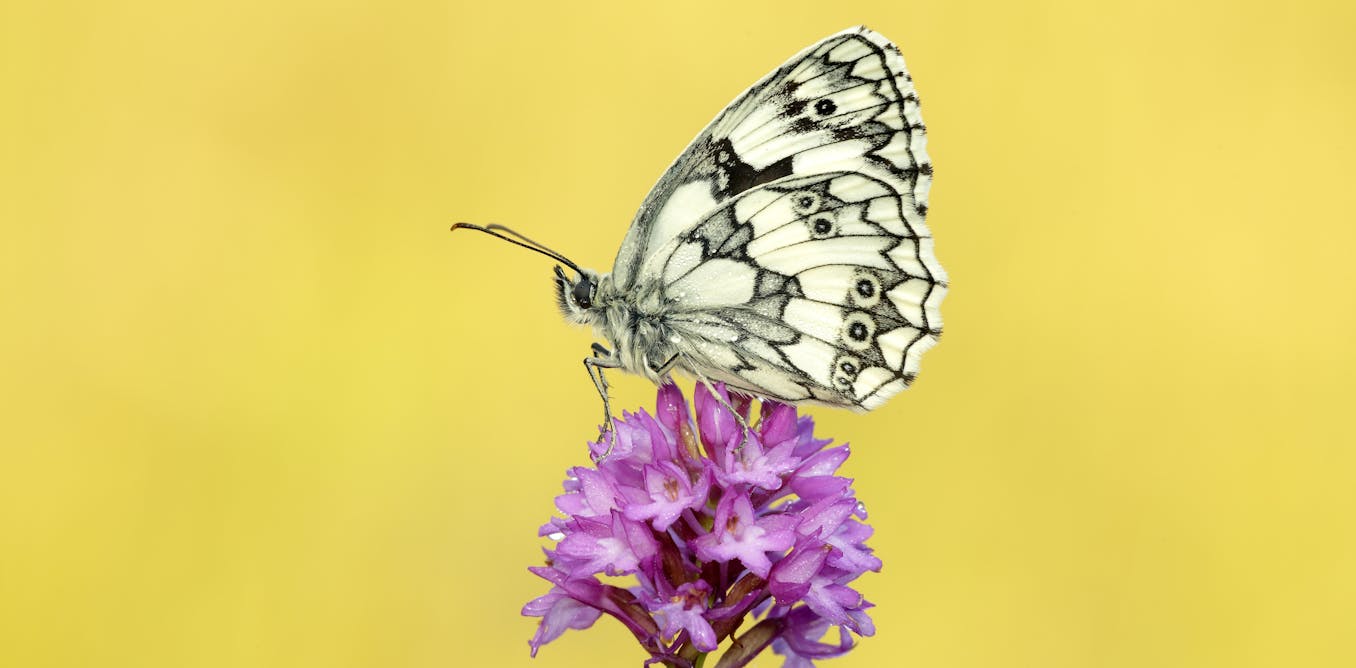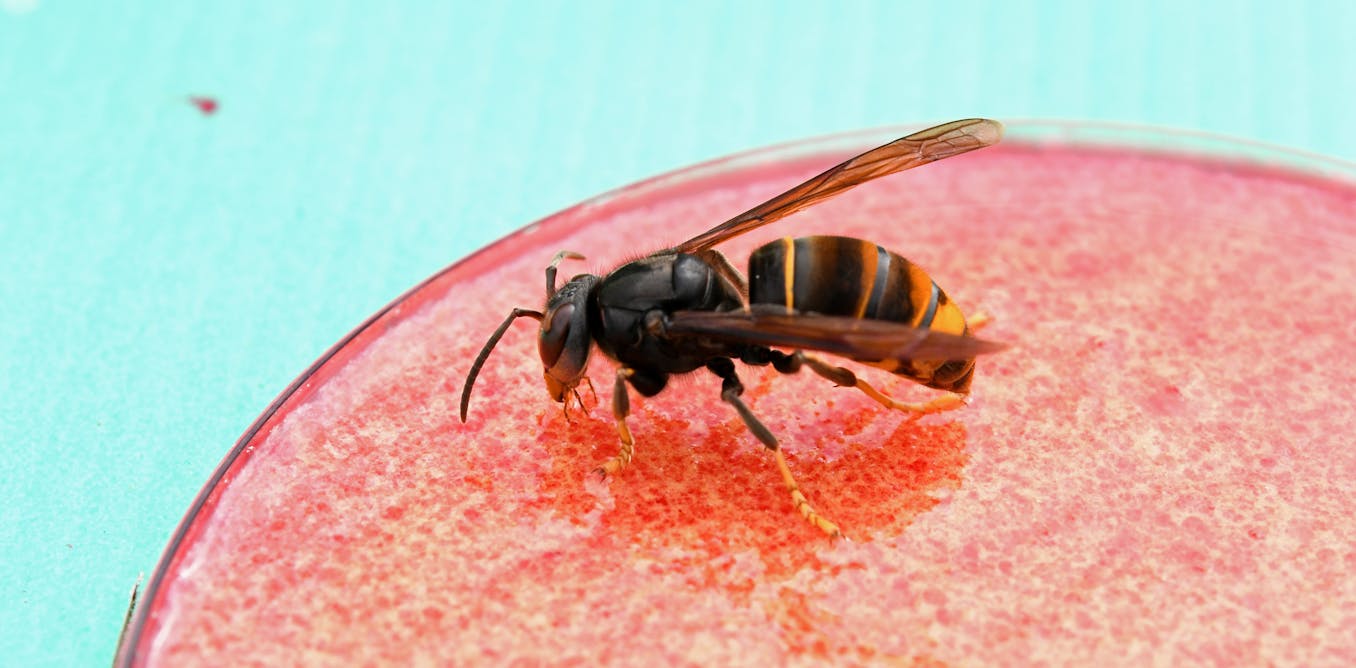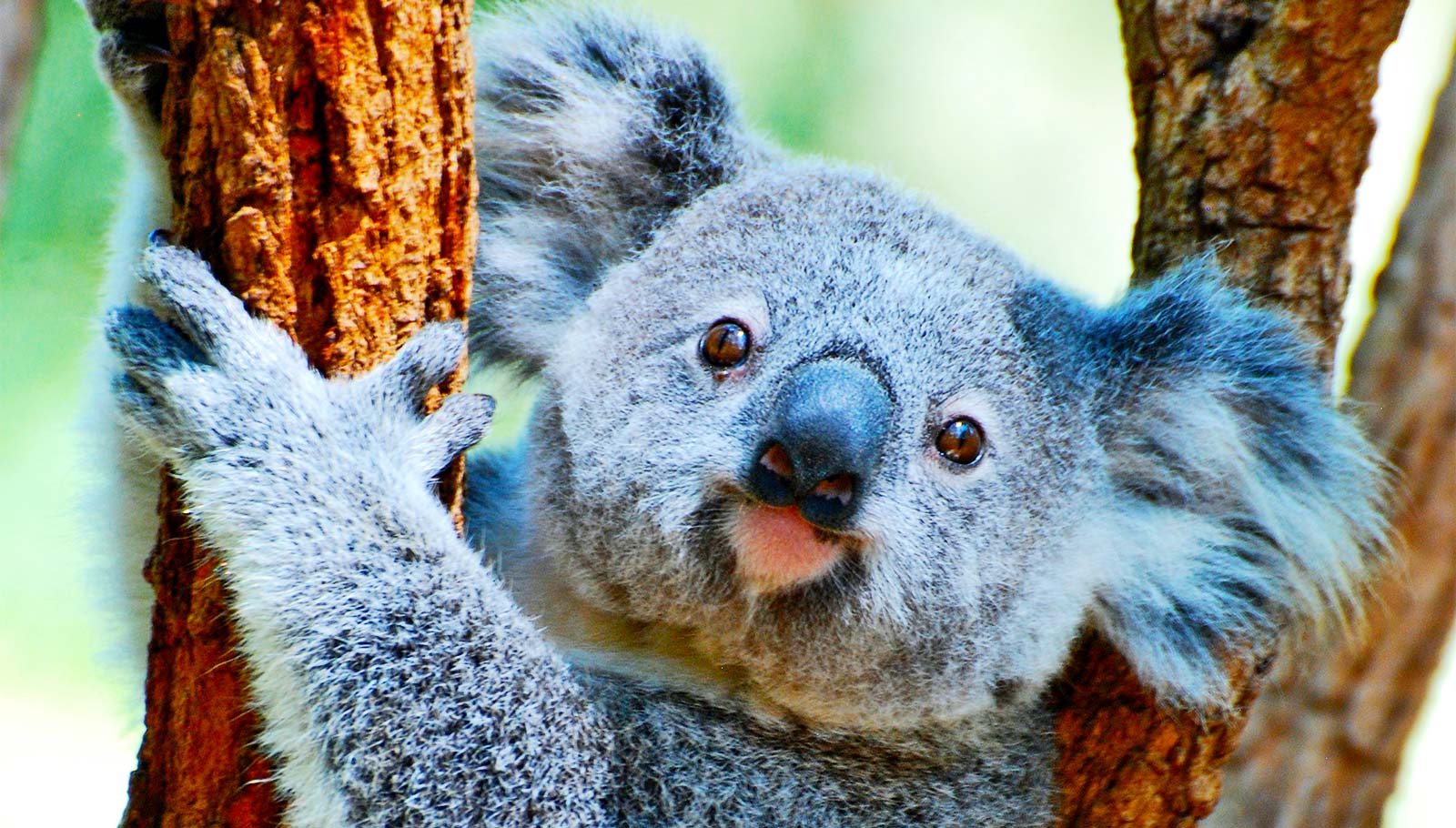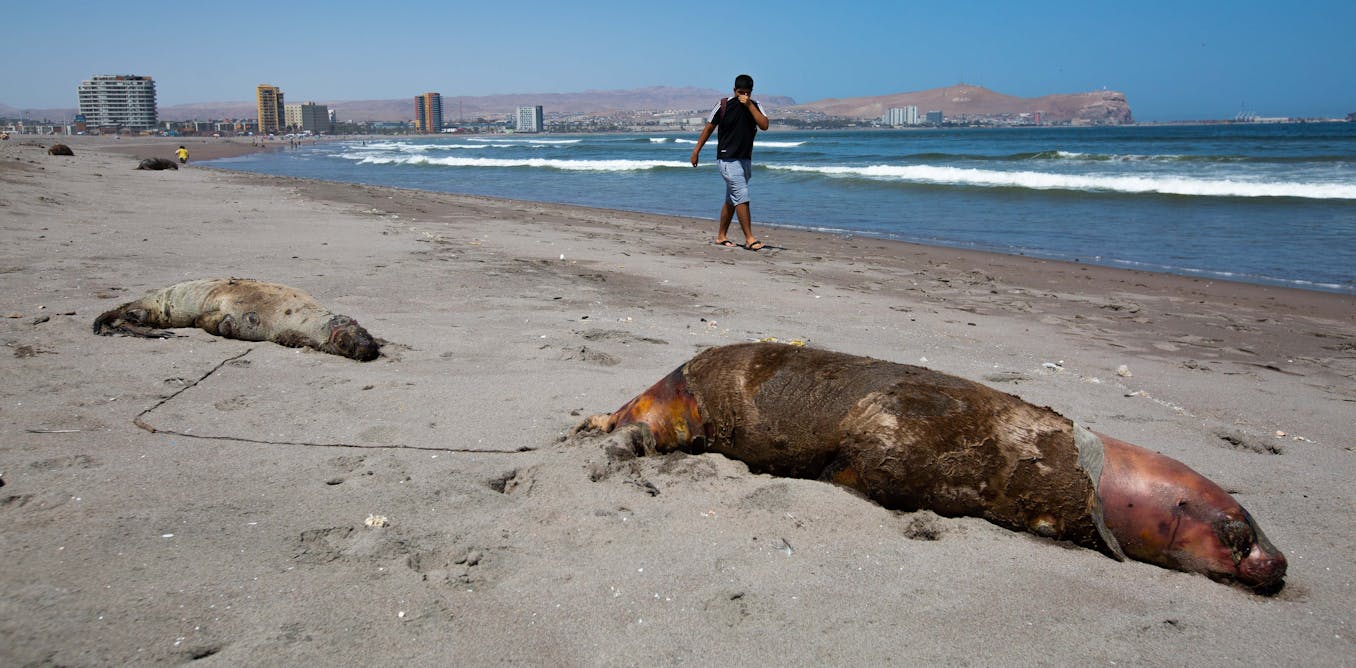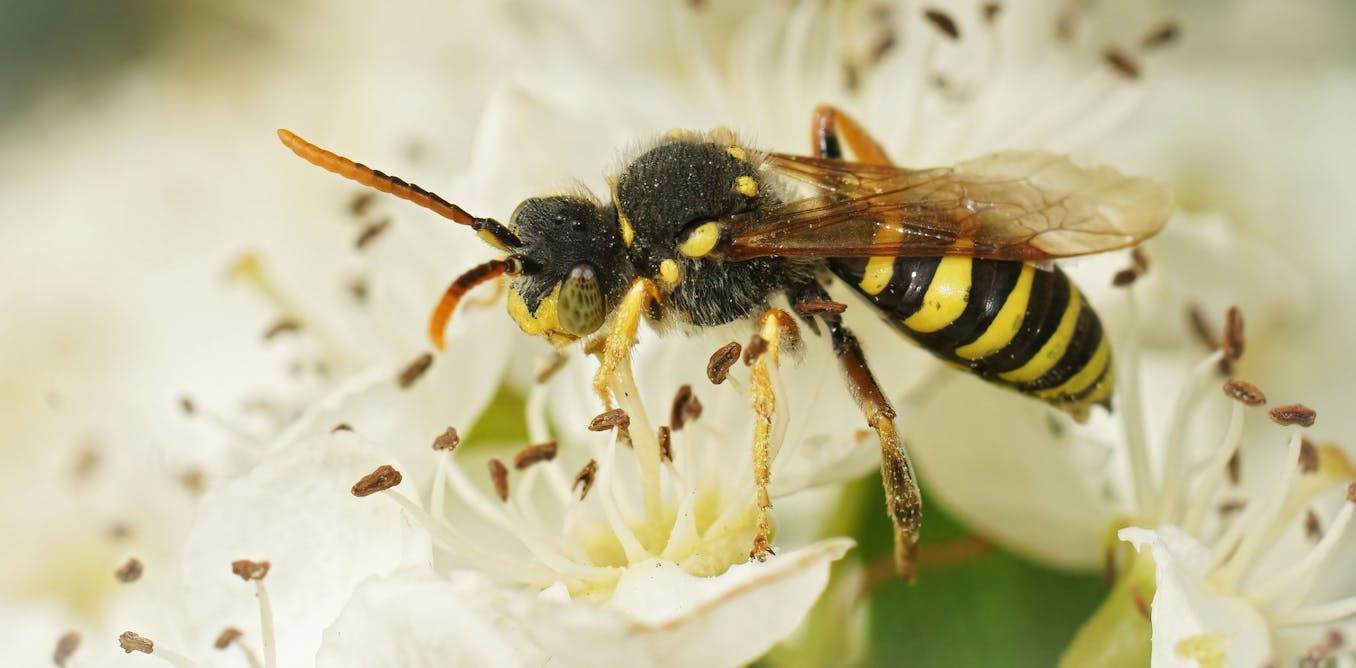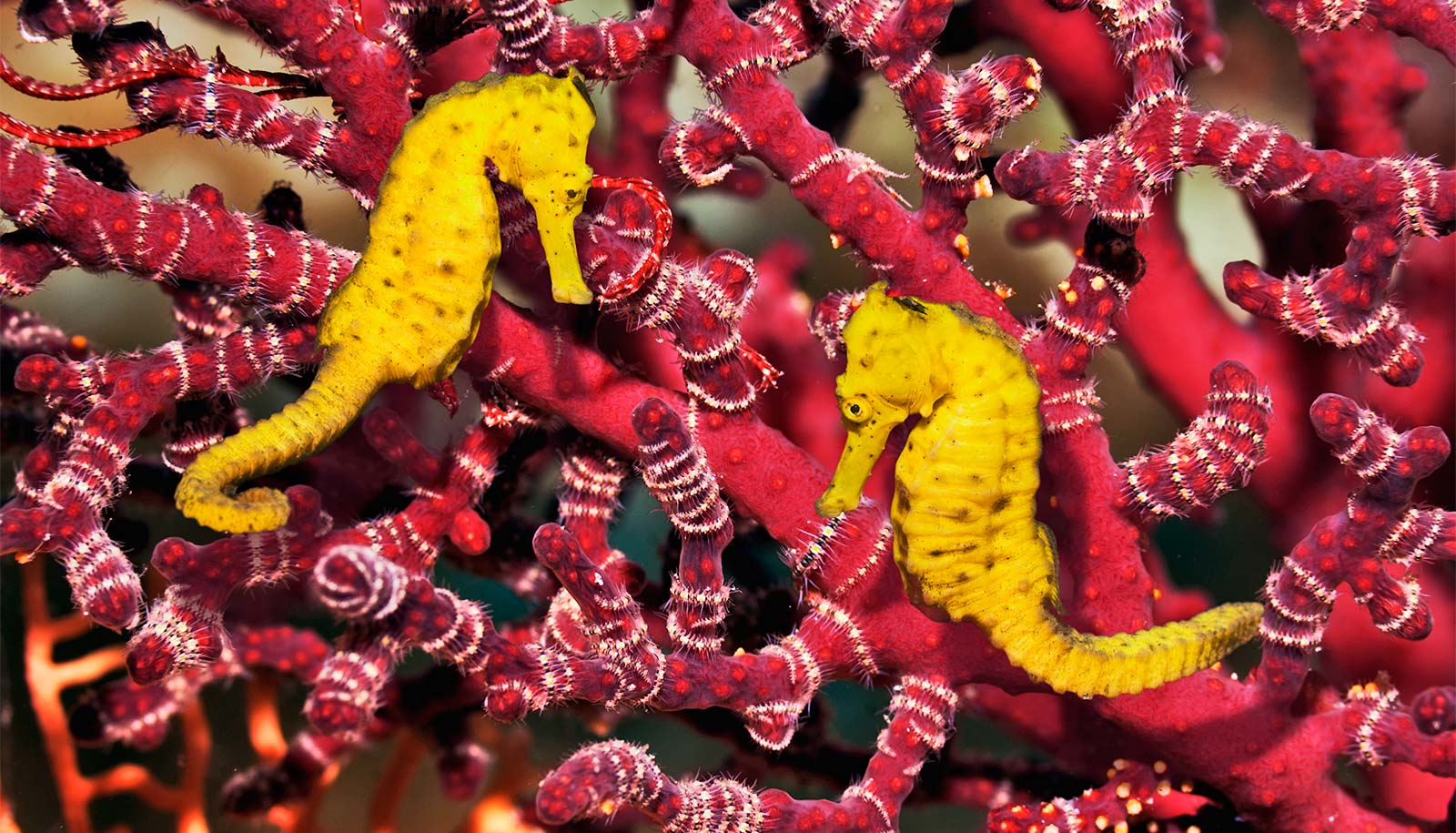Survey reveals UK butterfly winners and losers in the wake of record high temperatures
Some butterflies are expanding their ranges as the climate changes, others are dwindling.
Marcus Rhodes, Postdoctoral Research Associate, Ecology and Conservation, University of Exeter •
conversation
April 3, 2024 • ~6 min
April 3, 2024 • ~6 min
The Anthropocene is not an epoch − but the age of humans is most definitely underway
Scientists have been debating the start of the Anthropocene Epoch for 15 years. I was part of those discussions, and I agree with the vote rejecting it.
Erle C. Ellis, Professor of Geography and Environmental Systems, University of Maryland, Baltimore County •
conversation
March 5, 2024 • ~7 min
March 5, 2024 • ~7 min
Wild solitary bees offer a vital pollination service – but their nutritional needs aren’t understood
The nutritional needs of bees are complex and monoculture crops aren’t providing a diverse diet. Introducing more diverse wildflower meadows and green spaces could benefit wild pollinators.
Ellen Baker, PhD Candidate, Nutritional Ecology, University of Oxford •
conversation
March 1, 2024 • ~6 min
March 1, 2024 • ~6 min
/
35


